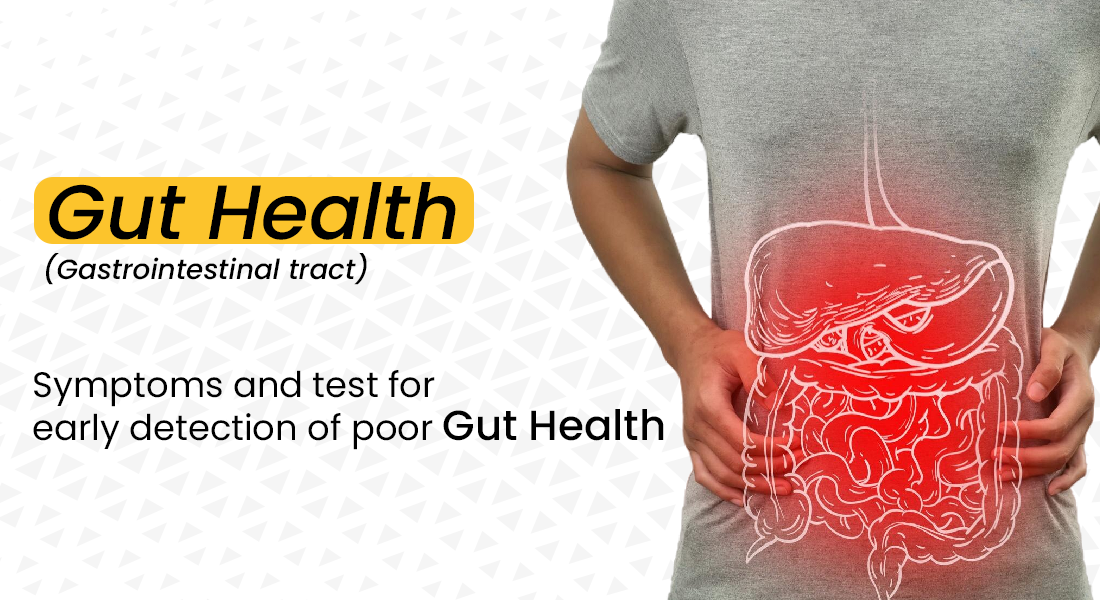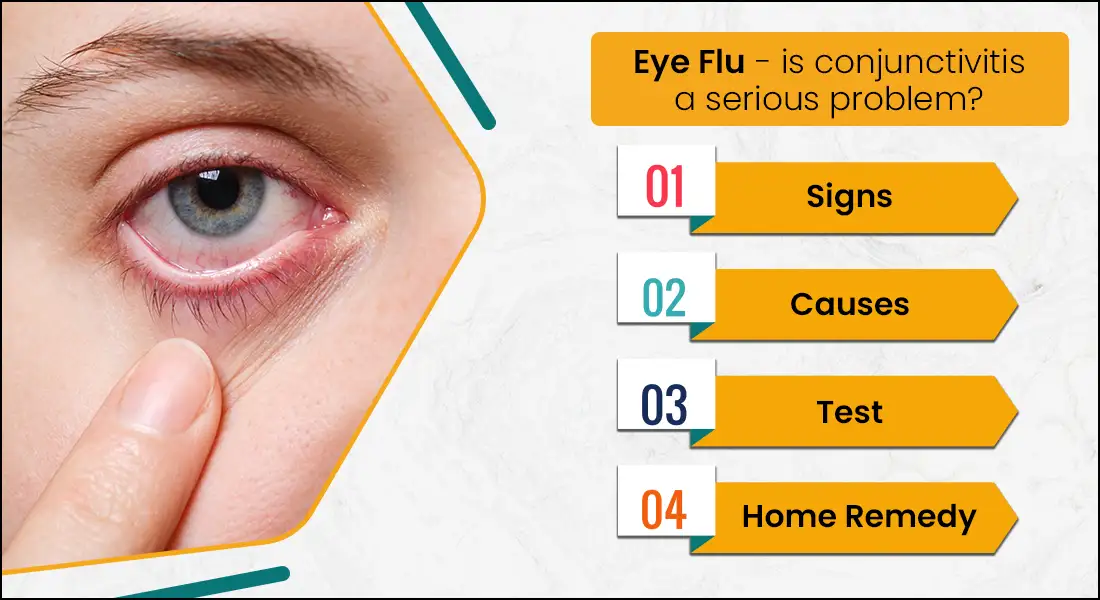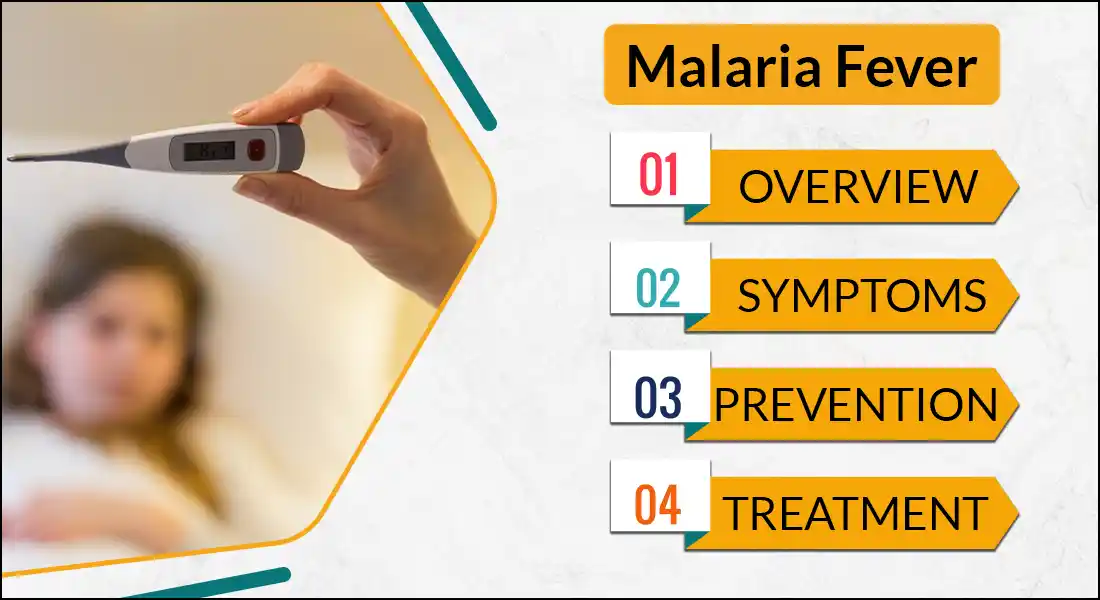Why is gut health so Important? Know Symptoms and Tests

The gut is a critical part of human health, which is not restricted to the digestive process by itself. Frequently called the "second brain," the gut is home to an enormous community of microorganisms collectively referred to as the gut microbiota. This huge microbial population is so complex but at the same time it is very essential for our well-being; ranging from the immune function to mental health.
The main thing for keeping good gut health at the right level is that the person has to know its significance, and then it will become easy to achieve that.
What Is Gut Health (Gastrointestinal Tract)
Gut health is the proper functioning of the GI system which has the mouth, oesophagus, stomach, small intestine, and large intestine. It is strongly associated with the gut microbiota which is a huge population of microorganisms (mostly bacteria) living in the gut. The gut that is healthy possesses the diversity and a balanced microbiome of the gut microbiome, thus providing support to diverse bodily functions.
Importance of a Healthy Gut
A healthy gut is essential for various aspects of our well-being:
-
Digestion and nutrient absorption: The intestinal microbes play a role in breaking down food, synthesising vitamins and extracting essential nutrients.
-
Immune function: The guts are the place in your human body where the most of the immune system cells are, and the healthy gut microbiome helps in the regulation of immune responses and in protecting against pathogens.
-
Mental health: The gut-brain axis, a two-way communication system between the gut and the brain, influences the mood, the cognition and the well being of mental health.
-
Metabolic regulation: Although the intestinal microbiome partially participates in controlling metabolism, it includes glucose and lipid metabolic processes, and therefore, the gut microbiota may be related to diabetes and obesity.
Why the Gut Is so Important?
The gut is a complex and dynamic ecosystem that serves several vital functions:
-
Nutrient absorption: The gut is a digestive system component, which breaks down food into smaller elements, therefore, our bodies get the fundamental building blocks for growth, development, healing/repair, and energy.
-
Immune system regulation: A sizable amount of our immune cells are located in the intestine, comprising the gut-associated lymphoid tissue (GALT). This complex mechanism aids in the prevention of harmful bacteria and regulation of the immune process.
-
Gut-brain connection: The communication system between the brain and the gut is called the gut-brain axis and it comprises both the up-down and the down-up line. Such interactions affect somebody's mood, behaviour, and cognitive functions.
What Are the Signs of a Healthy Gut?
A healthy gut often exhibits the following signs:
-
Regular bowel movements: Consistency and shape of the stools are clear signs that the digestion and elimination are done properly.
-
Absence of digestive discomfort: Absence of symptoms like gas, constipation or diarrhoea indicates a healthy gut.
-
Balanced energy levels: A well-functioning gut helps in having stable energy levels and no sudden bouts of fatigue.
-
Clear skin: The gut and skin are wired together, and the gut microbiome in balance is in turn beneficial for clear skin.
-
Strong immune system: Gut microbiota represent a key portion of the immune system, preventing infections thereby decreasing the risk of diseases.
What Are the Signs of Poor Gut Health?
Signs of an unhealthy gut or gut dysbiosis may include:
-
Digestive issues: Chronic constipation, diarrhoea, bloating, flatulence, and abdominal pain may indicate functional problems with the gut.
-
Skin problems: For instance, acne or rash can be caused by weakened gut health. Gut health problems may usually be shown in skin problems.
-
Food intolerances: Indigestion of some specific foods including lactose and gluten, we can easily point out that they suggest gut issues.
-
Fatigue and brain fog: The bad gut health microbiome imbalance can be a cause of depression and memory decline.
-
Mood disturbances: Connection between the brain and the gut can also manifest in anxiety, depression and mood swings due to poor gut health symptoms.
-
Autoimmune disorders: The gut dysbiosis is linked to increase in particular conditions like Crohn's and ulcerative colitis (IBD) as well as rheumatoid arthritis.
Tests to Check Your Gut Health
Several tests can provide insights into the state of your gut health:
-
Stool tests: These, in turn, investigate the microbial composition and diversity of your intestine, as well as the presence of any pathogenic or inflammation factors.
-
Comprehensive digestive stool analysis (CDSA): This gut health test aims at the different stages of digestion and absorption besides the gut microbial composition and presence of parasites or bacterial overgrowth.
-
Gut microbiome testing: New techniques, such as 16S rRNA gene sequencing by shotgun or whole genome, allows more accurate evaluation of the different microbes in your gut as to their diversity and abundance.
-
Food sensitivity testing: These tests can reveal what could potentially be the culprits behind your gut issues from different foods that you are allergic or sensitive to.
How to Improve and Boost Gut Health
To maintain and improve gut health, it requires a multi-faceted approach:
-
Diet: A diet high in fibre, fruits and vegetables and foods that nourish beneficial gut bacteria can help to create a balanced gut microbiome. Fermented beverages such as yoghurt, kefir, sauerkraut, and kombucha are all great sources of probiotics.
-
Hydration: Adequate water uptake is one of the prerequisites for healthy digestion and disposal of waste products.
-
Stress management: Chronic stress can disrupt gut balance hence, to maintain good gut health one has to increase stress relief practices like yoga, meditation or deep breathing.
-
Exercise: Regular exercise helps to maintain the normal functioning of bowels while the microbiome of the gut also receives benefits.
-
Limit antibiotics: Gut microbiome may develop disbalance because of antibiotics, therefore it is prudent to follow the guidance from medical professionals to help with judicious treatment.
-
Avoid smoking and excessive alcohol consumption: This type of lifestyle can be unhealthy for our gut and may cause a higher level of inflammation.
-
Probiotic and prebiotic supplements: For instance, there may be situations when probiotic and prebiotic supplements would be immediately prescribed to restore the gut balance.
In Conclusion
The health of the gut is the sine qua non of both physical and mental health, as it impacts a spectrum of factors. A healthy gut ecosystem is essential and recognizing the gut imbalance signs may be the first step in preventing unpleasant consequences. The right diet, lifestyle changes and tailored treatments improve gut health to a greater extent and we can enjoy all these benefits.
Author Bio
City X-Ray's team of experts specialises in gut health diagnostics, offering comprehensive gut microbiome testing and digestive analyses to help individuals achieve optimal gastrointestinal well-being
DISCLAIMER: THIS WEBSITE DOES NOT PROVIDE MEDICAL ADVICE. The information including text, graphics, images, and other material contained on this website is for informational purposes only. No material on this site is intended to be a substitute for professional medical advice, diagnosis, or treatment. Contact a health expert if you have questions about your health.










Comments List